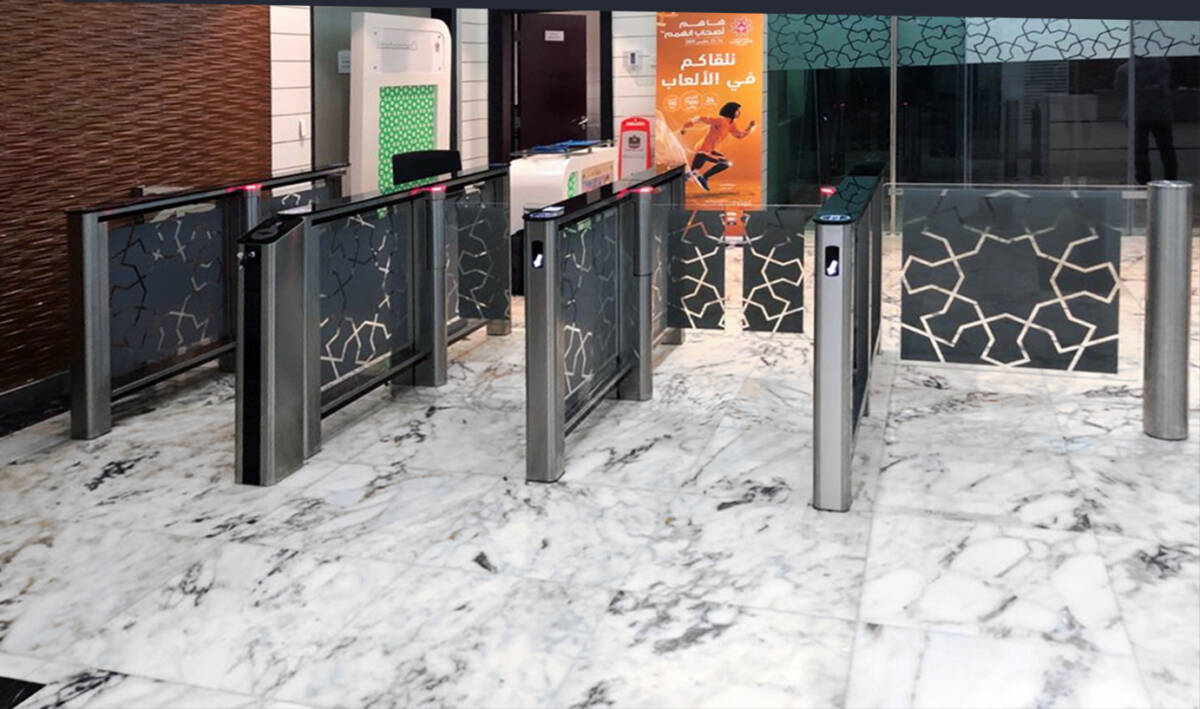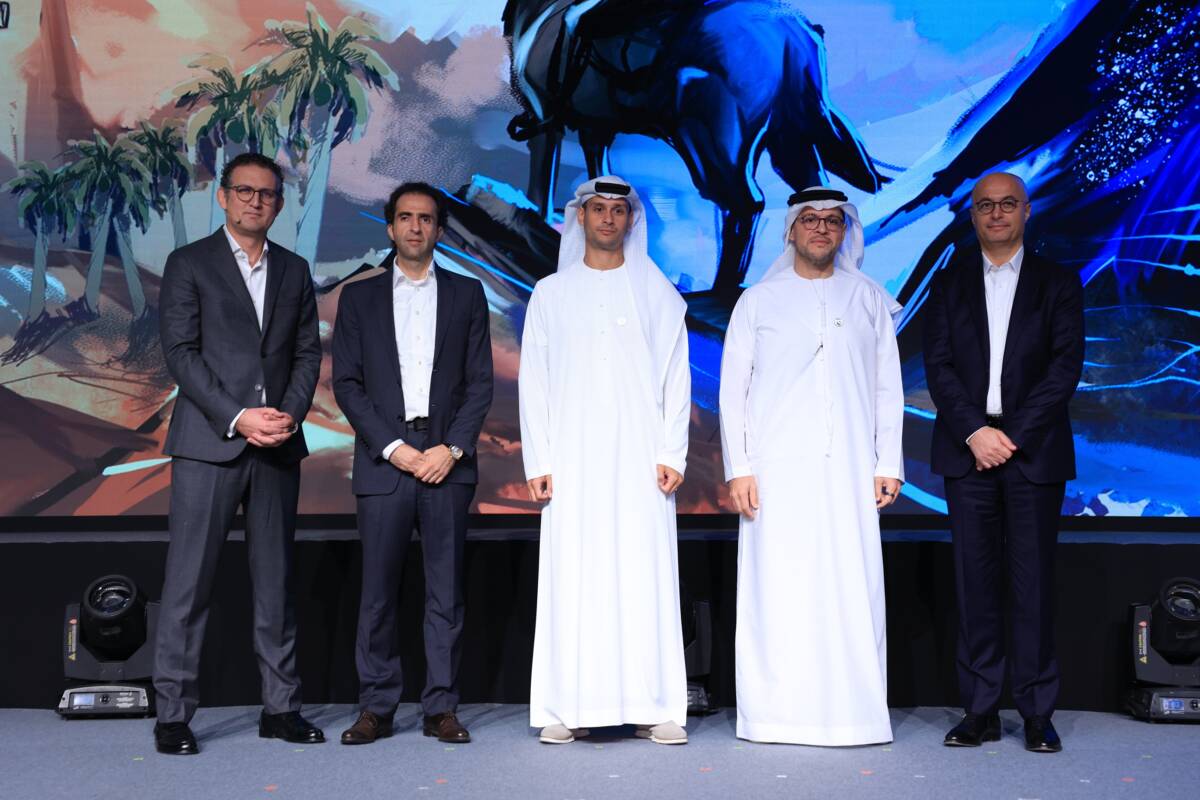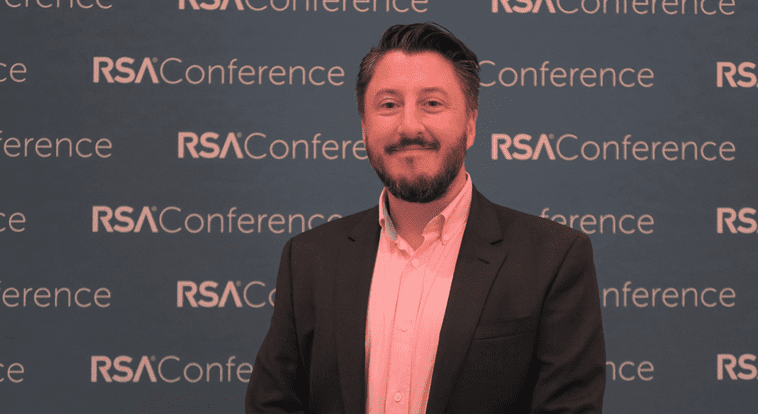
Under the Prestigious Patronage of His Highness Sheikh Hazza bin Zayed Al Nahyan, National Security Advisor and Chairman of the National Emergency Crisis & Disasters Management Authority (NCEMA) Board of Directors, NCEMA proudly announced the opening of the third edition of the Crisis & Emergency Management Conference – CEMC 2012 organized by The Institute for Near East & Gulf Military Analysis, INEGMA on January 16 – 17, 2012 at Fairmont Bab Al Bahr Hotel in Abu Dhabi, UAE.
CEMC was attended by His Excellency Abdul Latif Bin Rashid Al Zayani, Secretary General of the Cooperation Council for the Arab states of the Gulf and His Excellency Seif Sultan Al Iryani, Secretary General of the National Security High Council, in addition to international senior high-level government officials from the UAE, the Gulf and abroad as well as high-level military officials, decision makers, industry partners and NGO’s in addition to security specialists from the UAE, the GCC countries, USA, European Union, Asia and the Arab countries to discuss and share insights into emerging best practice in organizing and preparing for, alleviation, response and recovery in the face of emergencies and disasters.
Opening session
His Excellency Mohamed Khalfan Al Rumaithi, NCEMA’s General Manager delivered the welcome speech on behalf of His Highness Sheikh Hazza bin Zayed Al Nahyan. H.E. stated: “We are pleased to convert to you the greetings of His Highness Sheikh Khalifa Bin Zayed Al Nahyan, President of the United Arab Emirates and His Highness Sheikh Mohammed bin Rashid Al Maktoum, Vice President and Prime Minister of the UAE, and Ruler of Dubai and His Highness General Sheikh Mohamed Bin Zayed Al Nahyan, Deputy Supreme Commander of The UAE Armed Forces and Crown Prince of Abu Dhabi. Since the foundation of the UAE under the leadership of late Sheikh Zayed Bin Sultan Al Nahyan, our wise leaders followed a humanitarian and peaceful approach in people’s various issues and crisis irrespective of their religion, color, race or nationality. Sheikh Zayed’s predecessor is still on the same vision and interest in facing what humans suffer from and face in terms of danger, crisis and disasters. H.E. added: “We are pround that the UAE is in the front row at relief duties towards the people, the groups and the countries that were affected by these tragedies, which are either natural or human caused. NCEMA and with the support and follow up of His Highness Sheikh Hazza bin Zayed Al Nahyan, National Security Advisor and Chairman of NCEMA’s Board of Directors, is working on establishing the concepts of community response and its education and the dissemination of its method in the face of risks that might occur. We are also in coordination and cooperation with various stakeholders within and outside the UAE, in order to develop the emergency and crisis management skills by taking advantage of all national capabilities, thus harnessing the efforts to maintaining our country and its assets.”
His Excellency Dr. Abdul Latif Bin Rashid Al Zayani, Secretary General of the Gulf Cooperation Council delivered a keynote speech in which he stated that the priorities of the GCC are represented in five main objective strategies. The first is the immunization and protection of the GCC states against all threats and risks, whether external aggression, terrorism, organized crime, vandalism or other dangers. The second strategic objective is to achieve a sustainable economic growth where the GCC states have embarked in the planning and establishment of joint projects such as the Gulf common market, the customs union, the monetary union, the establishment of a GCC railway network, the link of electricity networks in addition to other vital strategic projects.” The third strategic objective according to Al Zayani is the human development and to rise with the human capacities and achieve our people’s needs and ambitions. Dr Al Zayani added: “The fourth objective, which is taken very seriously by all the GCC members, is to emphasize the awareness on the crisis, emergency and disaster management.” The fifth and final strategic is the reinforcement of the GCC presence on the international level. The GCC states are keen on helping as much as possible in facing the international threats.”
Brigadier General Dr. Reda Btoush, Vice President of the National Centre for Security and Crisis Management at the Hashemite Kingdom of Jordan – NCSCM gave a presentation behalf of H.R.H. Prince Ali Bin Al Hussein, NCSM’s Chairman about the Center’s history, vision and aspirations.
Mr. Ali Rashed Al Neyadi, NCEMA’s Operations Department Director presented NCEMA’s progress since 2010. He presented NCEMA’s objectives since its foundation until today and emphasized on the steps that lead to the Authority’s foundation as well as its achievements. Al Neyadi also discussed the preparations made by the Authority to face any emergency or crisis that might occur, in addition to the coordination between all emirates of the government in the field of crisis and emergency.
First plenary session: Responding to Crisis – Lesson Learned
The First Plenary Session chaired by Major General Humaid Mohammed Al Hudaidi, Sharjah Chief of Police featured three speakers.
Mr. Rashid Khalikov, Director from the Office for Coordination of Humanitarian Affairs in the United Nations, examined “Measuring Success in Coordinating Humanitarian Relief Operations-Latest Lessons Learned.” Khalikov stated: “Droughts are inevitable, but they can be predicted through sophisticated early warning systems and they do not need to become famines.” He added: “Optimization of funding could be further enhanced if a comprehensive set of priorities were agreed early on in a crisis among humanitarian and development actors.”
Major General Salim Bin Musallam Bin Ali Qatan, Assistant Inspector General of Police and Customs and Vice Chairman of the National Committee for Civil Defense in Sultanate Oman, gave a presentation entitled: “Managing Natural Disasters; Challenges and Lessons Learned.”
The final speaker of the first plenary session, Mr. Jim McGowan, Director General of the Department of Community Safety in Queensland Government, Australia, had a lecture on “Responding to An Escalating Crisis – Lessons Learned from Australia’s Flood Response in 2011.”, in which he emphasized on the preparation and planning and the importance of community education (risk and resilience). McGowan added: “Risk assessments require comprehensive information. Risk must be understood and planned for but this traditional orthodoxy in no longer enough. Planning requires a response capability for the unpredicted or unpredictable event. Good preparation must recognize that each event is different and may take on unforeseen characteristics.”
Second plenary session: Resilience and Key Challenge
Three lectures were held at the second plenary session and was chaired by Mrs. Fiona Mckersie, an NCEMA consultant. It featured His Excellency Mohamed Nasser Al Ghanim, Director General at the Telecommunications Regulatory Authority who gave a presentation about: “The national emergency plan for the telecommunications sector.”
Dr. Sami Al Faraj, President of Kuwait Centre for Strategic Studies briefed on: “Measuring Resilience-Community Subsystems and their Ability to withstand Disasters.”
Finally, Colonel Philippe Nardin, Head of the International Relations Missions at the Civil Protection Directorate, Civil Defense and Public Safety Direction in France, lectured about: “Mechanisms to Measure the Effectiveness of Crisis Response Plans.” In his presentation, Colonel Nardin treated the everyday life citizen’s risks, natural disasters, hazmat disasters, health risks and other related threats.
Workshops
The first day of the conference ended with two specialized closed workshops. The first workshop treated: “Managing Catastrophic Events through unity of effort from Hurricane Katrina to Deep-Water Horizon.” Presented by Admiral (Ret.) Thad Allen, Former Commander of the United States Coast Guard.
The second workshop treated: “Facilitating Greater Business Continuity Planning through Enhanced Public-Private Sector Cooperation, presented by Mr. Alan Berman, MBCP and President of the Disaster Recovery Institute International – DRI in the USA.
CEMC 2012 will resume tomorrow, Tuesday the 16th of January, with two plenary sessions about Crisis Management Coordination and Cooperation and the Information Environment.
CEMC 2012 Government partners were: Ministry of Presidential Affairs, Telecommunications Regulatory Authority, General Headquarters and Emirate of Abu Dhabi, Executive Council General Secretariat.
Gold sponsor: Lockheed Martin, Silver sponsor: Booz Allen Hamilton
The first day of the conference ended successfully and was followed by a glamorous gala dinner at Fairmont Bab Al Bahr.
























